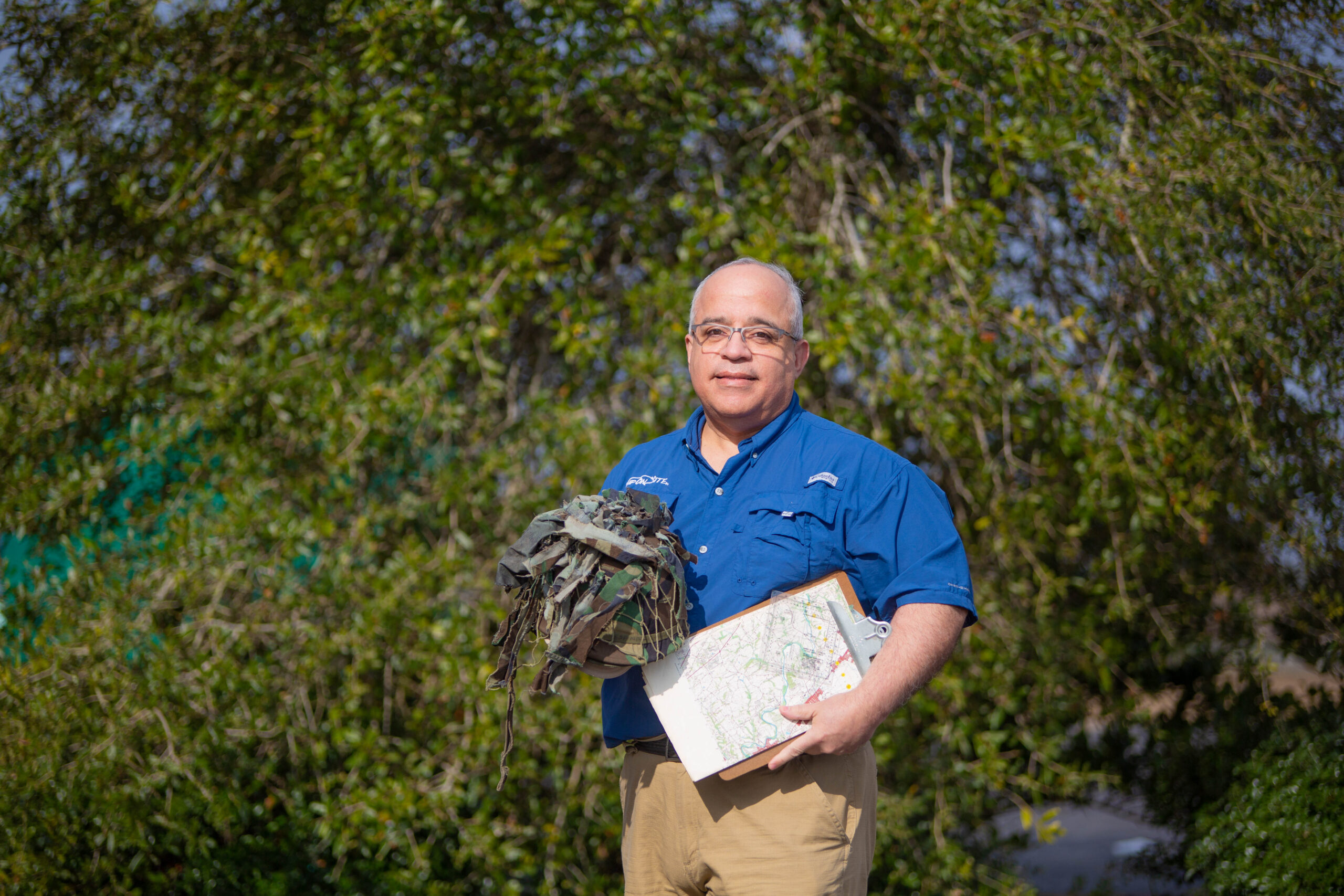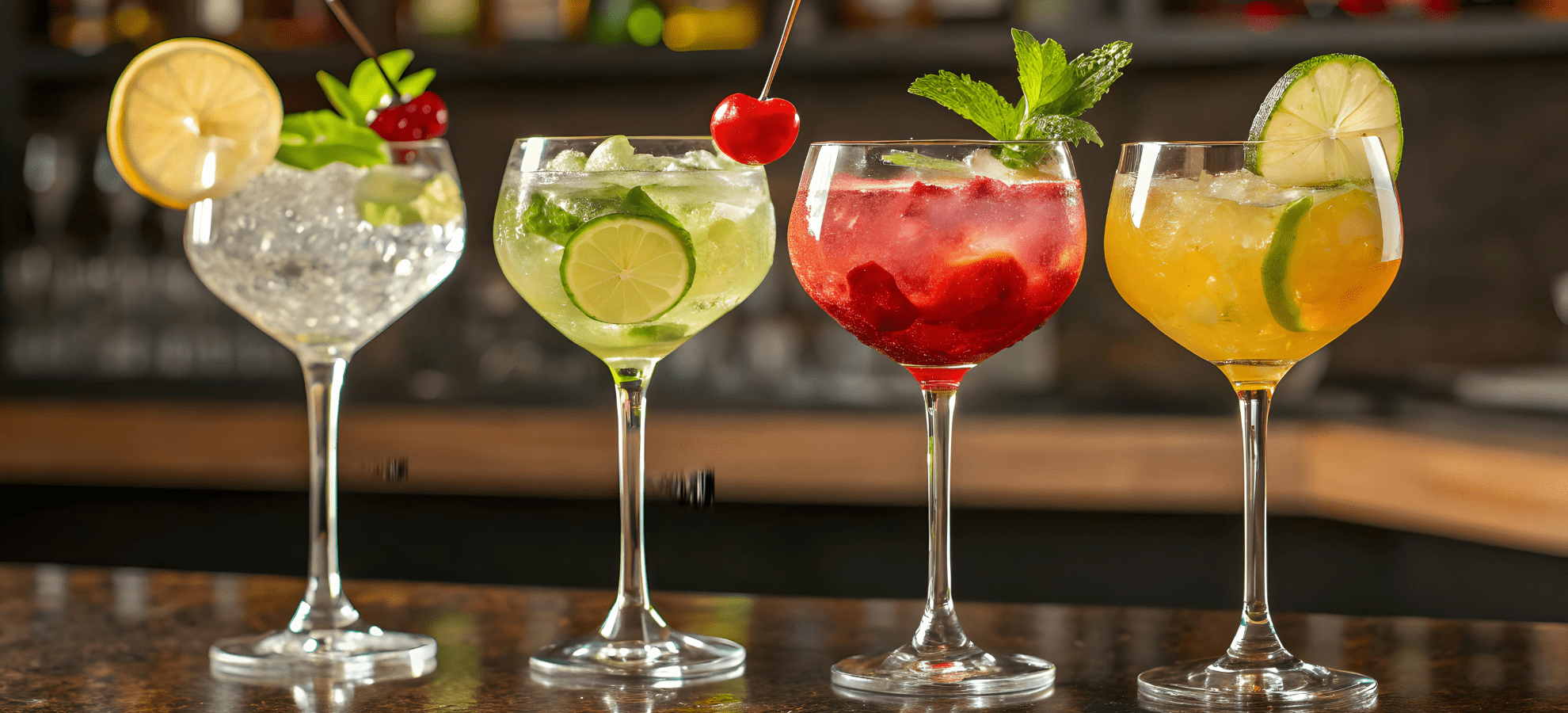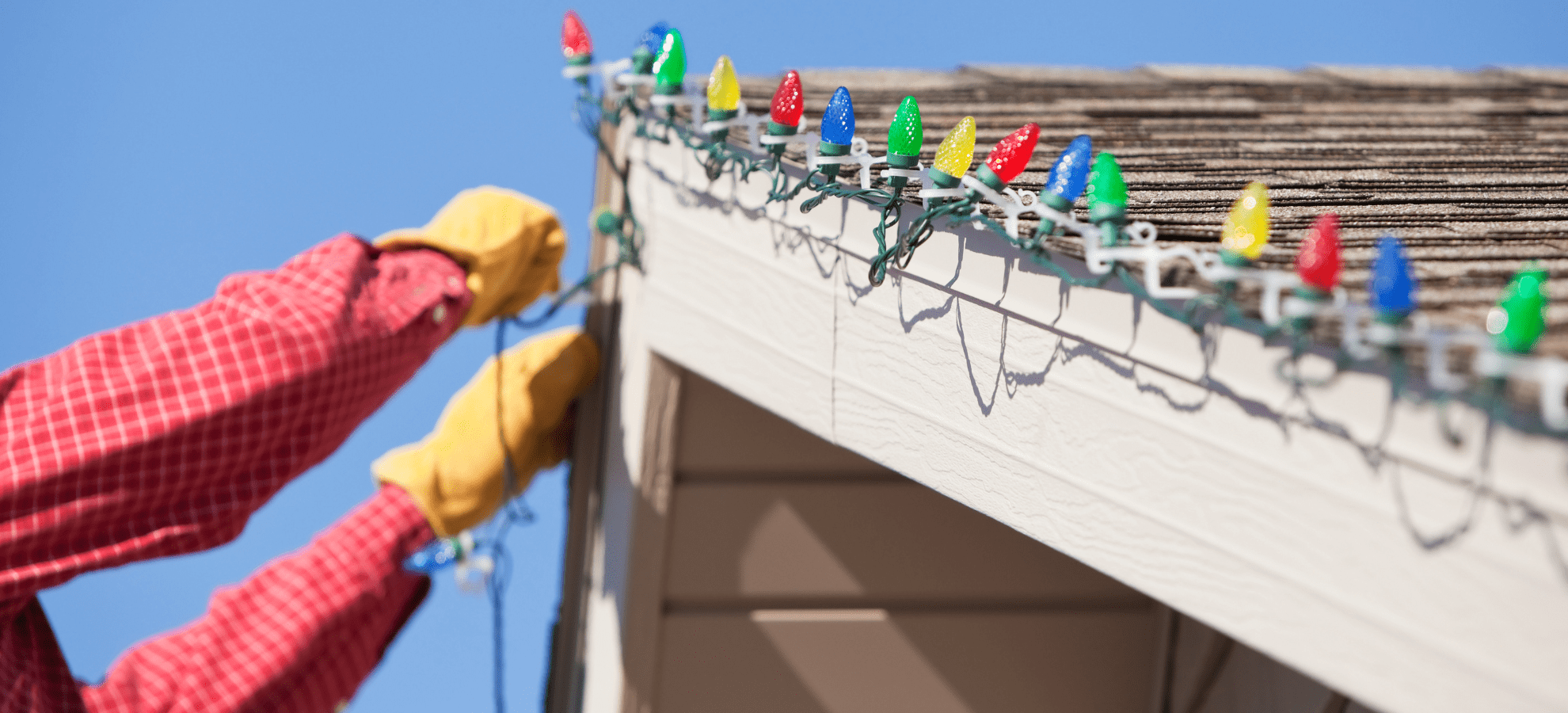U.S. Army Veteran, Small Business Owner, Humanitarian
Part II
Celebrate Our Veteran gives voice to the stories of the U.S. military veterans living amongst us. The actions of these brave and dedicated people, who have served our country both in active military duty as well as administrative positions, have and continue to contribute to the protection and preservation of us and our country.
We hope that this section of our paper is an opportunity for our community to hear and see veterans with new eyes, and for veterans to receive recognition and honor for their experiences and life journeys.
This month’s Celebrate Our Veteran recounts the story of Frank Espinal, as told in his own words. This is the final chapter of a two-part series, continued from last month. Click here to read Part 1.
by Melissa LaScaleia
“There was one situation in which one of my squads was attached to a different unit in an armored track vehicle, and they got lost. We had limited radio contact, but I knew what their last position was. I went out with grid coordinates, figured out the direction they were going, and found them.
I had 100% success rate in finding anyone who was lost using a map, compass, and protractor.
The military awarded me several medals during my time in service, including two Army Commendation medals: highly regarded awards I received for training troops under me to successfully fight, win, and survive.
When I first arrived back in active duty, my unit was not at a high level of combat readiness. I was recognized by First Army Division East for being able to turn the unit around and get them combat ready within a three-month period.
I consider myself one of the lucky ones. There are a lot of people who served who aren’t as lucky. In my years of service, you have the ugly parts— that’s the war. But then the happy parts— when we went back and did the reconstructions. I felt a sense of accomplishment, worth, and patriotism from that.
When you go to another country and see how they live, you come out of there feeling a sense of pride that you were able to help.
When you get deployed, you go through training to understand that country’s cultural differences and how life there is generally conducted so you will respect their traditions and culture even though they may rub you wrong. It is what it is and you simply have to accept it.
You don’t realize how good you have it until you go abroad. I think often you take for granted the freedoms you have until you see how people live in other countries and you see the freedoms that they don’t have. Especially in parts of the world where women are treated as second-class citizens. That to me is just appalling…
Panama still has a population of indigenous people who live in the jungle. We would often run into these people, and we’d partake in certain rituals, and observe etiquette like acknowledging and respecting their elders. We had missions to go out there, and when you see how they live, it takes you back thousands of years and you realize, my God, people still live like this.
When I finished my four years of active duty, I went to college at Eastern University in Pennsylvania on the GI Bill, married my high school sweetheart, and got a job in healthcare.
I started in sales, earned my master’s degree in business, and worked my way into management. I came from nothing and retired as a corporate director for a fortune 500 company twenty years later, with over 700 employees under me. When I hit the ceiling in my career, I decided to retire to Myrtle Beach and open my own business.
My wife and I had been coming to Myrtle Beach for vacation for thirty years, and we loved it here. I opened ShipOnSite in 2006; we had three profit centers at that time.
All the skills I learned in the military—the drive, discipline, and refusal to accept failure—have made me into a successful business owner. I grew the business into seven profit centers today, and every year we’ve been voted the number one shipping store along the Grand Strand. Come and visit me at 2734 Beaver Run Blvd.
Other shipping stores refer customers to us because of the unusual things we can ship— like delicate or large freight items. I learned how to ship freight from my military deployments where I had to load vehicles, tanks and equipment onto railheads, aircraft, and ships. All of that is second nature to me now. I’m now a logistics professional.
I look back and I try to look at the good that I was a part of personally, not the bad. War isn’t good, plain and simple, it exists because peace failed. So I don’t talk about it because I have a lot of mixed emotions, but I’m also grateful for the experience because it made me who I am today.”

















